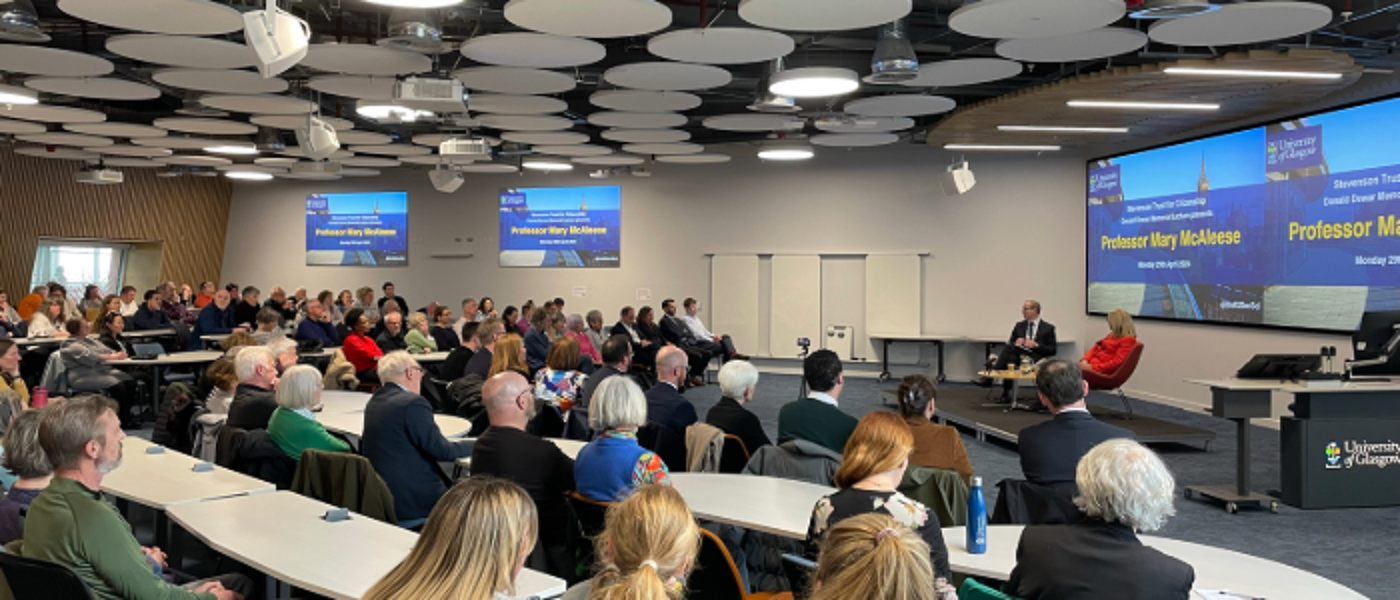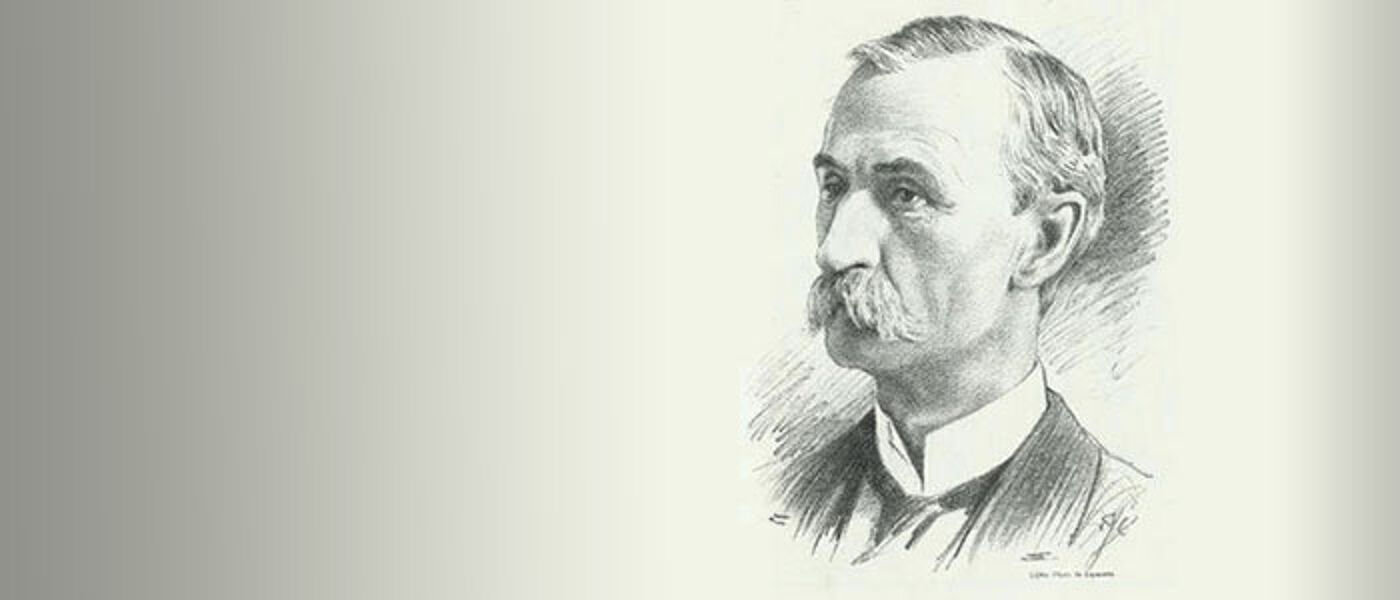Empowering Citizens Through Education and Research
The Stevenson Trust for Citizenship was founded in 1921 through a bequest from Sir Daniel Macaulay Stevenson, a Glasgow-born engineer, politician, and philanthropist.
The Trust aims to provide education on civic rights and responsibilities at local, national, and international levels, encourage research into governance and political structures, and promote the idea that local and national patriotism can coexist with international cooperation.
Keep up to date
News & upcoming events
-
21 JanThis conversation with George A. Papandreou, former Prime Minister of Greece, discusses his experience and what we can learn from his time in office.
-
21 Dec
Election 2026: Predictions and Consequences - Live Podcast Recording
Bernard Ponsonby and Alex Massie hosted a special live recording of their podcast with Professor Chris Carman -
04 Nov
Reflections on 26 years of devolution in the Scottish Parliament
David McGill, Clerk and Chief Executive of the Scottish Parliament, reflects on its past.




